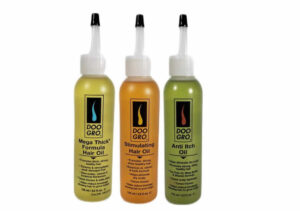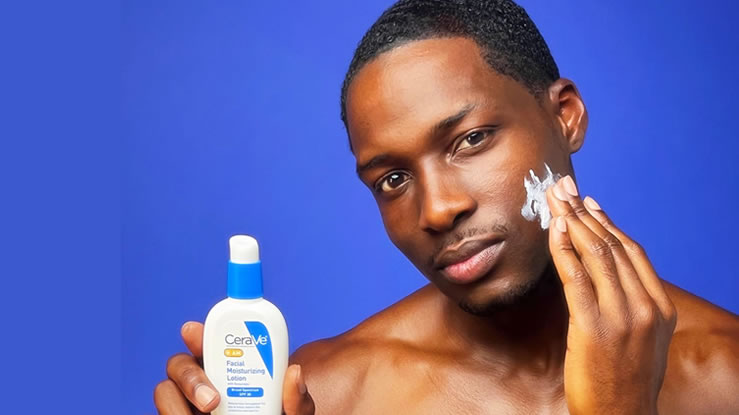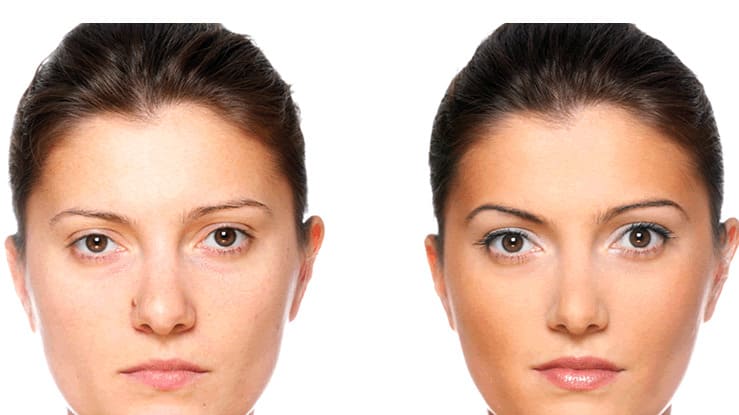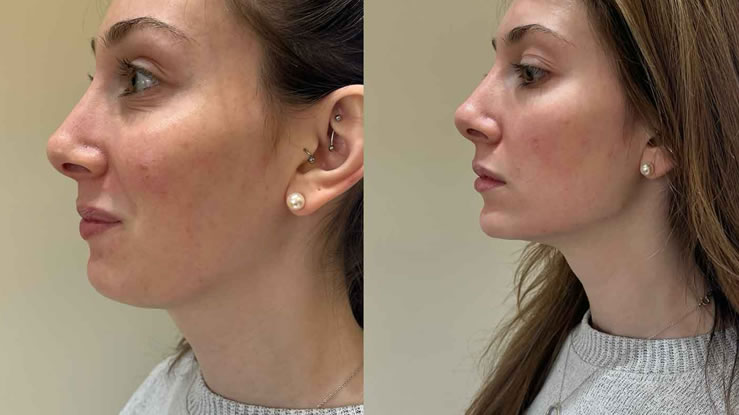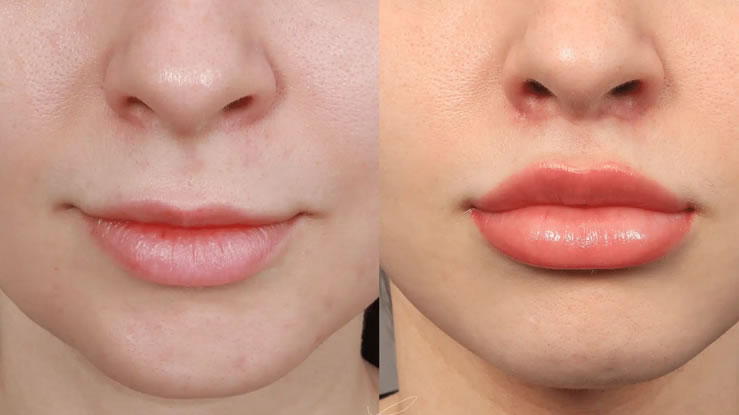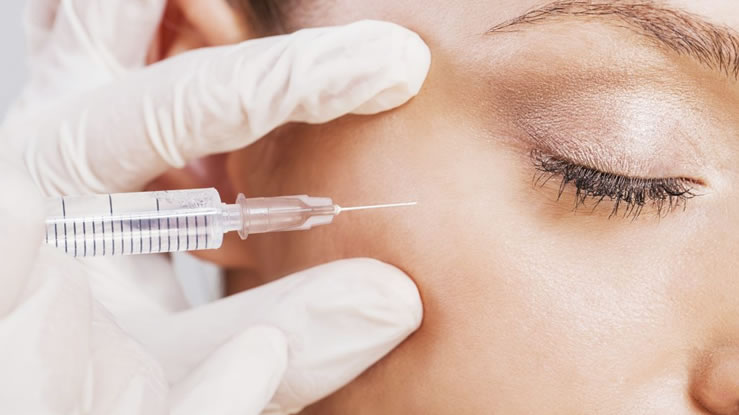Winter can bring about various skin concerns, one of which is skin darkening or hyperpigmentation. The combination of cold weather, indoor heating, and reduced humidity can lead to dryness, irritation, and uneven skin tone. Fortunately, there are effective strategies to help maintain your skin’s radiance during the colder months. In this article, we’ll explore practical tips to avoid skin darkening in winter and keep your complexion glowing.
Understanding Skin Darkening
Skin darkening occurs when certain areas of the skin produce excess melanin, often resulting in dark patches or an uneven skin tone. Factors such as sun exposure, hormonal changes, and skin irritation can contribute to hyperpigmentation. In winter, while the sun may be less intense, it’s still essential to protect your skin to prevent darkening.
Tips to Prevent Skin Darkening in Winter
1. Stay Consistent with Sunscreen
Even in winter, UV rays can still affect your skin. Snow can reflect up to 80% of UV rays, increasing your exposure. Use a broad-spectrum sunscreen with at least SPF 30 daily, even on cloudy days. Apply it generously to all exposed skin and reapply every two hours if you’re spending time outdoors.
2. Moisturize Regularly
Dry skin is more prone to irritation, which can lead to increased melanin production. Use a hydrating moisturizer suitable for your skin type to maintain a healthy moisture barrier. Look for ingredients like hyaluronic acid, glycerin, and ceramides to keep your skin hydrated and supple.
3. Incorporate Antioxidants
Antioxidants are essential for protecting your skin from environmental stressors. Incorporate serums or creams rich in vitamin C, vitamin E, and niacinamide into your skincare routine. These ingredients can help brighten the skin, reduce dark spots, and enhance overall skin tone.
4. Avoid Hot Showers
While it may be tempting to take long, hot showers in winter, hot water can strip your skin of its natural oils, leading to dryness and irritation. Opt for lukewarm water and limit shower time to maintain your skin’s moisture balance.
5. Exfoliate Gently
Regular exfoliation can help remove dead skin cells and promote cell turnover, preventing dark patches from forming. Use a gentle exfoliator containing alpha-hydroxy acids (AHAs) or beta-hydroxy acids (BHAs) once or twice a week. Avoid harsh scrubs, as they can irritate the skin and worsen pigmentation issues.
6. Stay Hydrated
Drinking enough water is crucial for maintaining skin health. Proper hydration helps to keep your skin plump and prevents dryness, which can lead to irritation and darkening. Aim for at least eight glasses of water a day, and consider consuming hydrating foods like fruits and vegetables.
7. Protect Against Irritants
Winter can bring about irritation from harsh weather and indoor heating. Avoid using products with strong fragrances or alcohol, as they can aggravate your skin. Opt for gentle, hypoallergenic products that are less likely to irritate.
8. Consult a Dermatologist
If you notice persistent dark spots or hyperpigmentation, consider consulting a dermatologist. They can recommend tailored treatments such as topical lightening agents, chemical peels, or laser therapies to address specific concerns.]
Preventing skin darkening in winter requires a combination of protection, hydration, and gentle care. By staying consistent with sunscreen, moisturizing regularly, incorporating antioxidants, and avoiding irritants, you can maintain a bright and even complexion throughout the colder months. Remember, taking proactive steps to care for your skin will help you embrace winter with confidence and glow!






